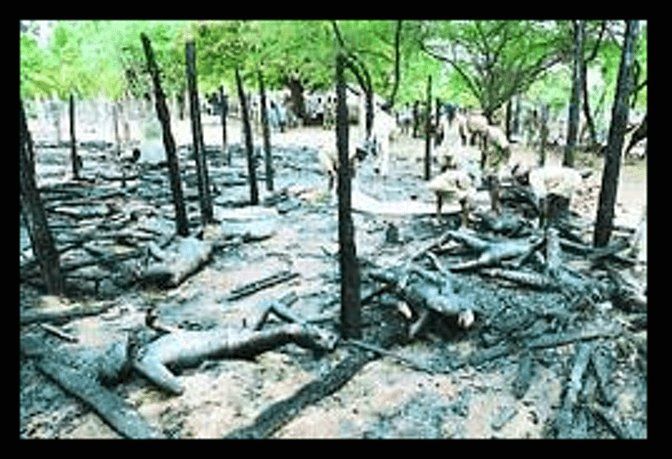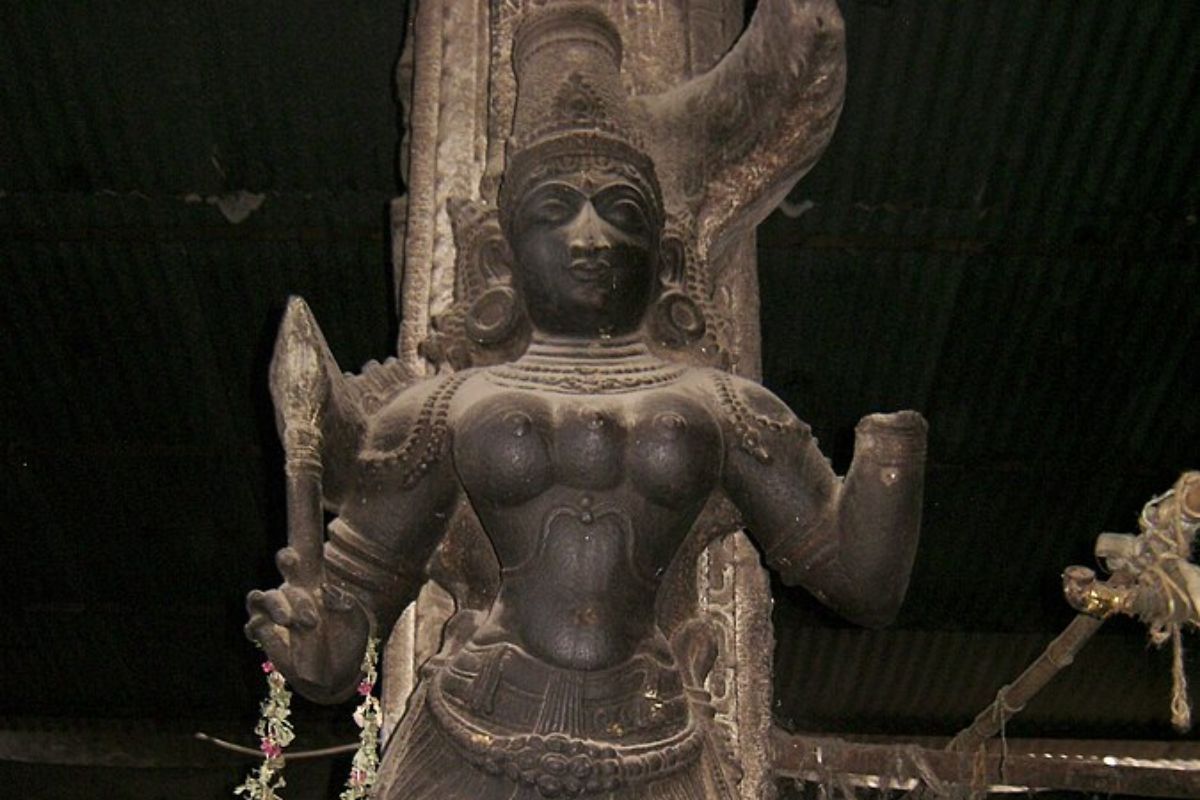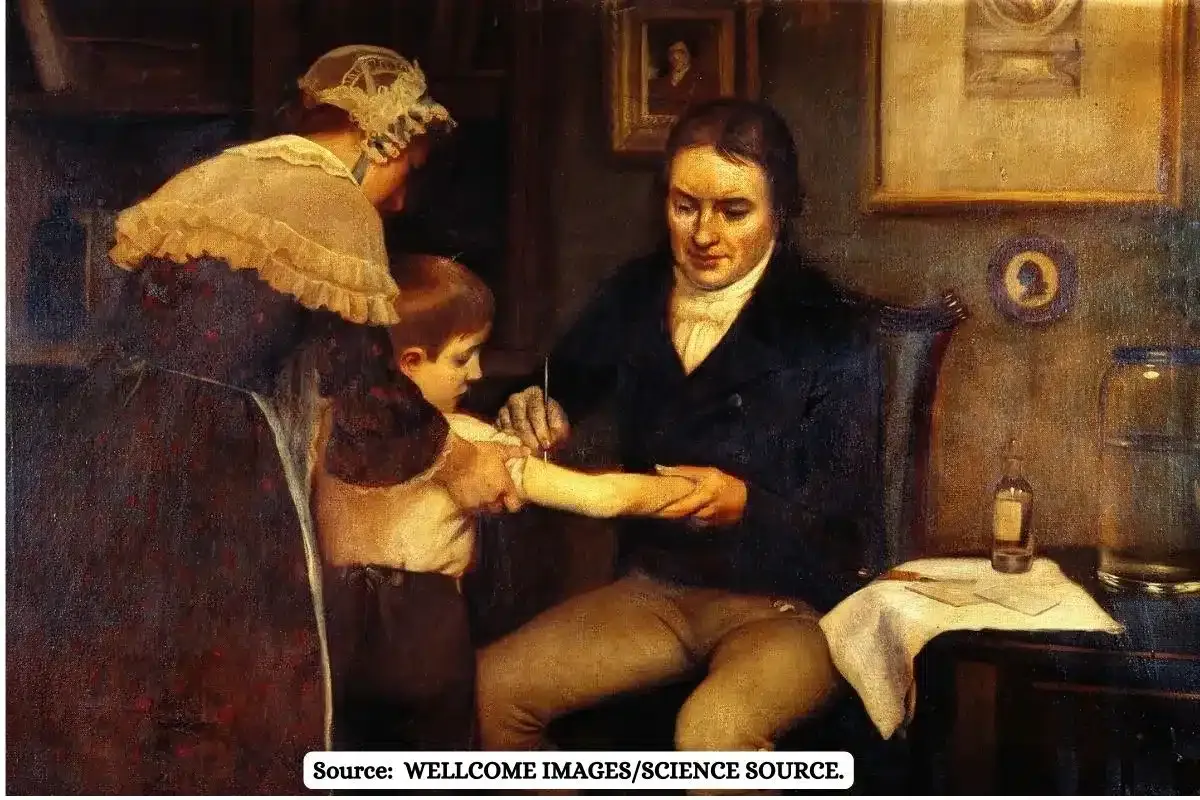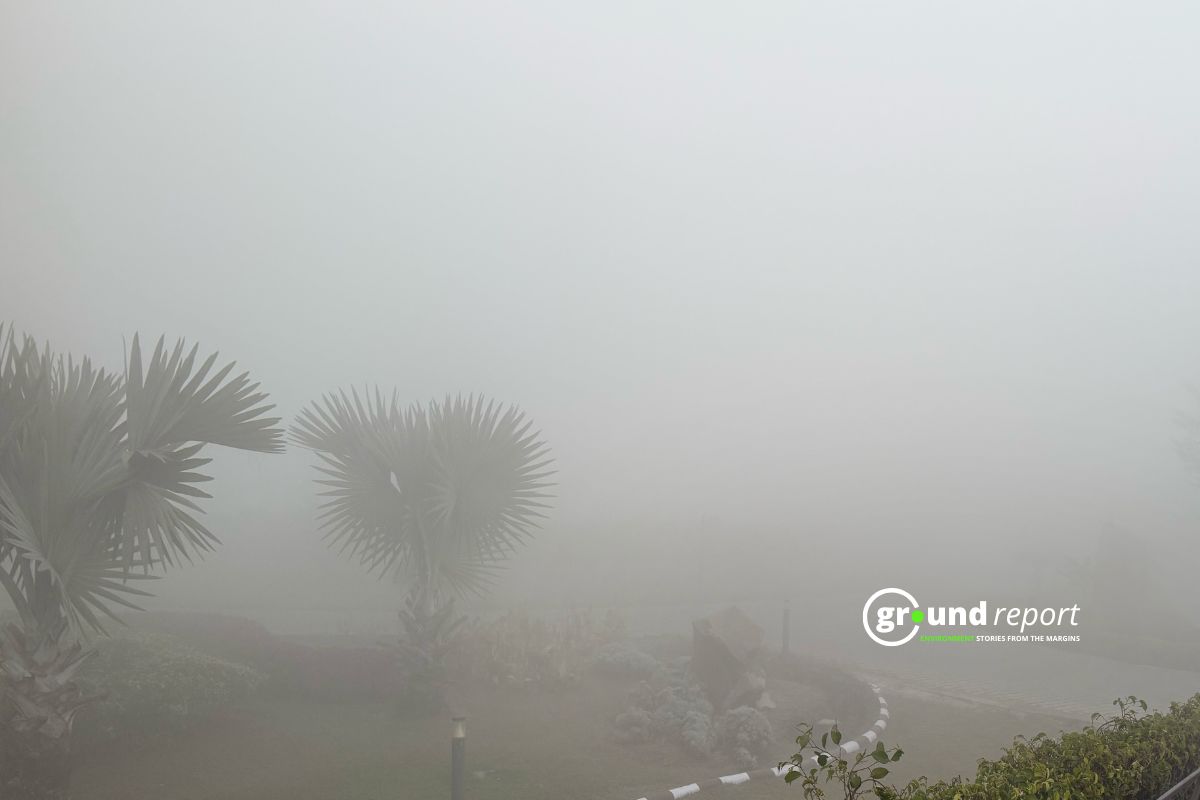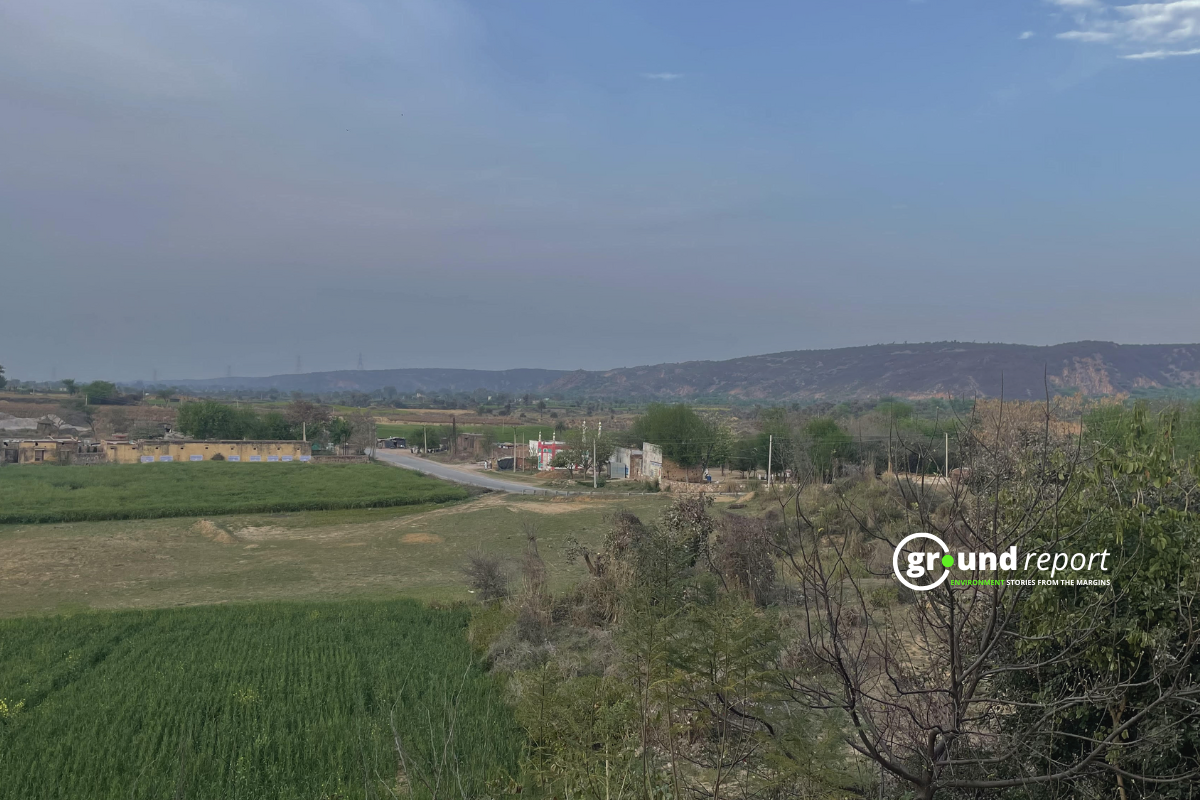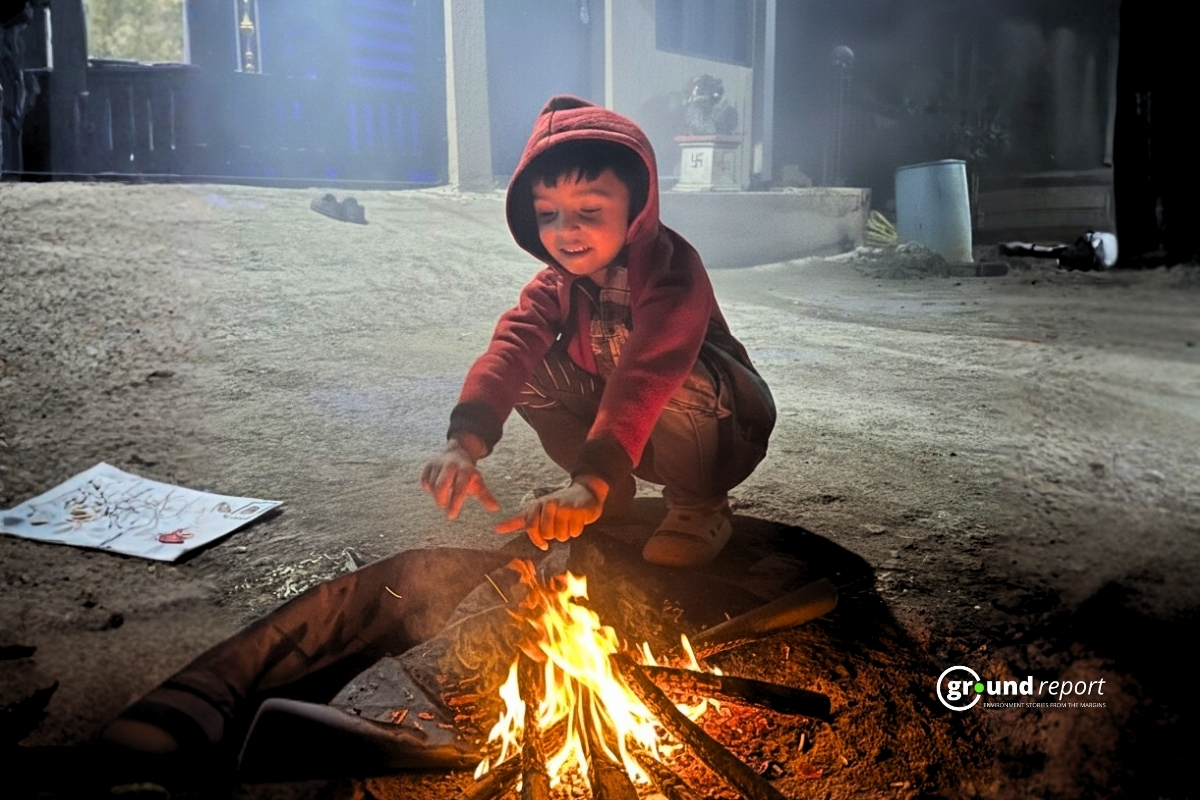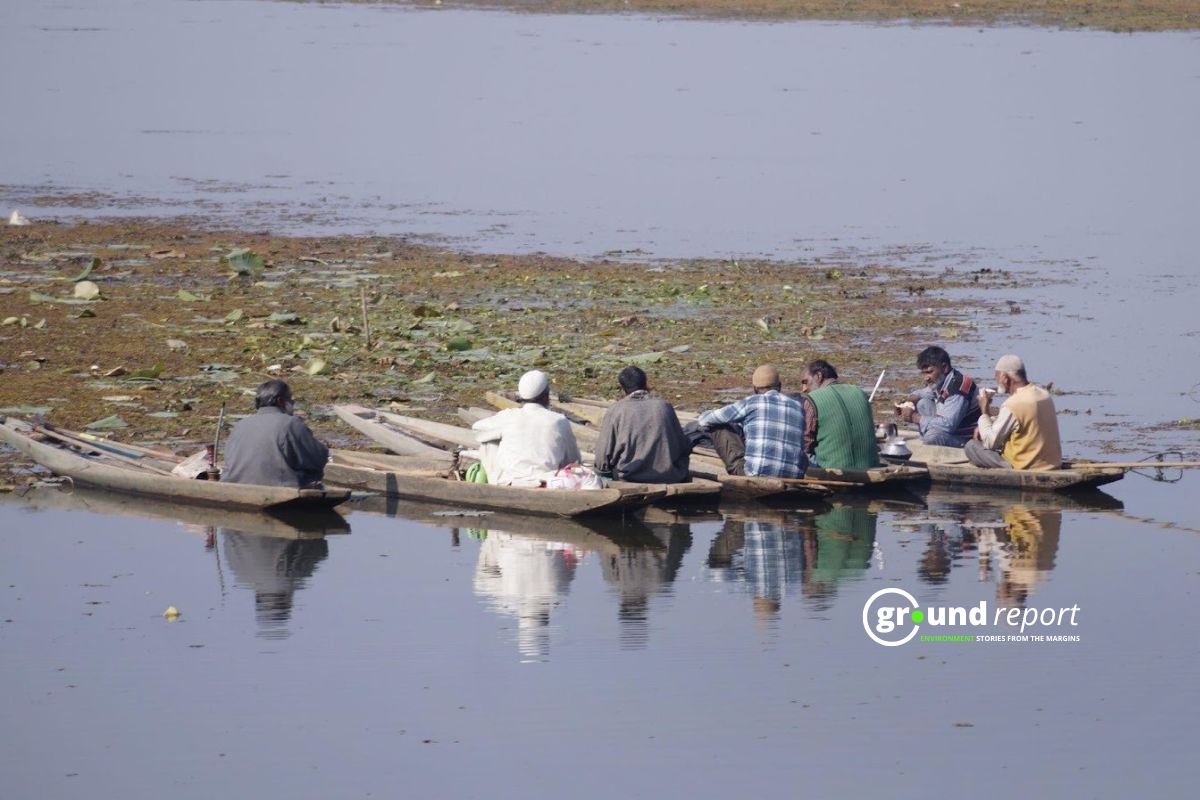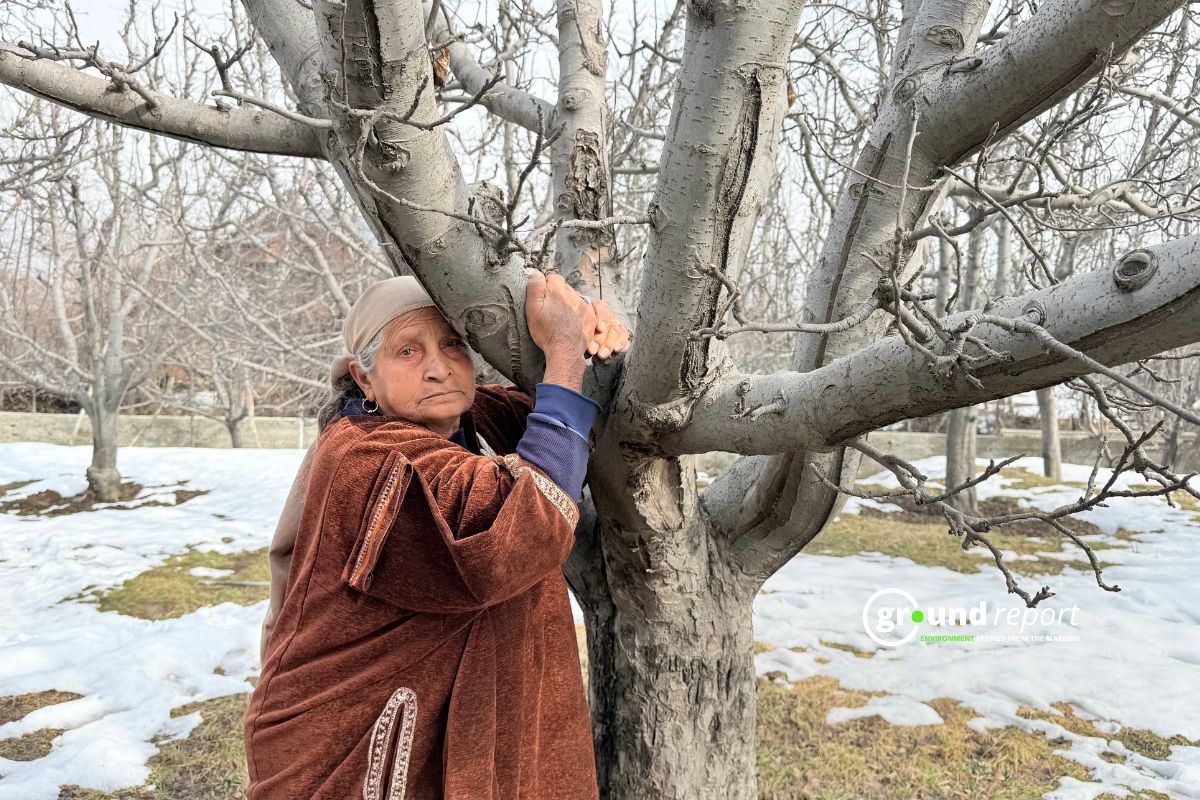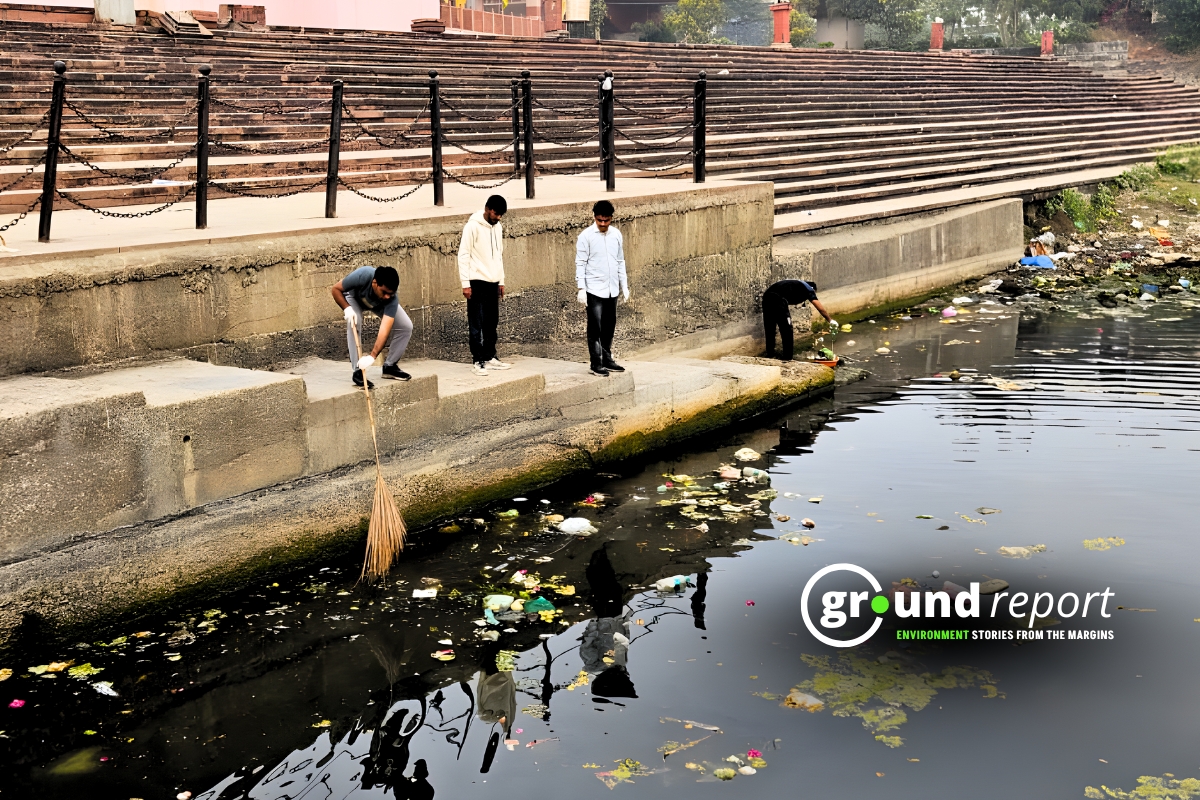Twenty years ago on 6 August 2001, a thatched shelter caught fire at dawn on 6 August in Irwadi, Ramanathapuram, Tamil Nadu, in which 28 chained people were psychosocial. Their heart-wrenching cries for help were immediately disregarded as a habitual nuisance of the “mentally ill”. Twenty-five chained men with psychosocial disabilities died of burns and three others later succumbed to their wounds.
On 6 August 2001, there was an accident, and 28 of these unfortunate patients died in the fire, unable to escape because of their chains. About a week later, all these mental homes were closed and over 500 prisoners were taken under government supervision.
ALSO READ: Country where people swear on Quran to get an internet connection
Erwadi Tragedy was gruesome
In Tamil Nadu’s Irwadi village, a tragic fire that broke out on August 6, 2001, at the Yerwadi Mental Health Center, is now shattering! Unbeknownst to them, 28 mentally ill people were touched by the deadly tongue of fire and it was a charcoal tragedy to be able to escape without being able to escape. All these prisoners were tied with chains at Moideen Badusha Mental Home in Irwadi village.
Even today, a very small part of the population actually understands mental illness and a relatively large population suffer from it. Experts say that there is still a great need for treatment and human rights for people suffering from mental diseases.
A large number of psychic houses existed in Irwadi which was famous for the dargah of Quthabs Sultan Syed Ibrahim Shaheed Waliullah, who was from Medina, Saudi Arabia, who had come to India to preach Islam. Various people believe that the holy water of the dargah and the oil of the lamps there have the power to heal all ailments, especially mental problems. Treatment also included repeated caneing, supposedly beating to ‘steer away from evil’. During the day, patients were tied to trees with thick ropes. At night he was tied to his bed with iron chains.
The origin of the fire is unknown, but once it spread, there was little hope of saving most of the 45 prisoners who were chained to the beds in which they slept, although such shackles were It was against Indian law. Some of the prisoners, whose shackles were not so tight, escaped and five were hospitalized with severe burns. The bodies of the deceased could not be identified.
Only 8 states framed rules for implementation of MHCA
According to People’s Watch Tamil Nadu, the National Human Rights Commission (NHRC) was informed in September 2000 about the inhumane conditions at the Badhusa Mental Health Home, a private mental institution run by a Mohideen Basha.
Such private refuges survive because of their proximity to the Irwadi Dargah – faith-based healing centers in this case. Because mental health conditions carry a high stigma, caregivers come to these faith-based facilities in the hopes of finding treatment.
ALSO READ: Major accident in Himachal Pradesh due to cracking of mountains
Private players exploit their weaknesses, forcing such individuals with psychosocial issues to group together and chain them to these shelters. Had the government and NHRC acted in time, the Irwadi tragedy could have been prevented.
Last week – 20 years after the Irwadi tragedy – the Minister of State, Ministry of Health and Family Welfare told the Rajya Sabha that only eight states/UTs – Karnataka, Andhra Pradesh, Uttar Pradesh, Jammu and Kashmir, Maharashtra, Odisha, Kerala, and West Bengal has framed rules for the implementation of MHCA.
Support us to keep independent environmental journalism alive in India.
Keep Reading
The costliest water from Narmada is putting a financial burden on Indore
Indore’s Ramsar site Sirpur has an STP constructed almost on the lake
Indore Reviving Historic Lakes to Combat Water Crisis, Hurdles Remain
Indore’s residential society saves Rs 5 lakh a month, through rainwater harvesting
Follow Ground Report on X, Instagram and Facebook for environmental and underreported stories from the margins. Give us feedback on our email id greport2018@gmail.com.
Don’t forget to Subscribe to our weekly newsletter, Join our community on WhatsApp, and Follow our YouTube Channel for video stories.
